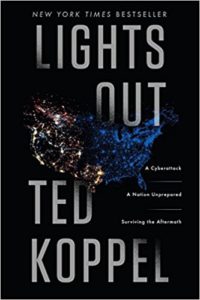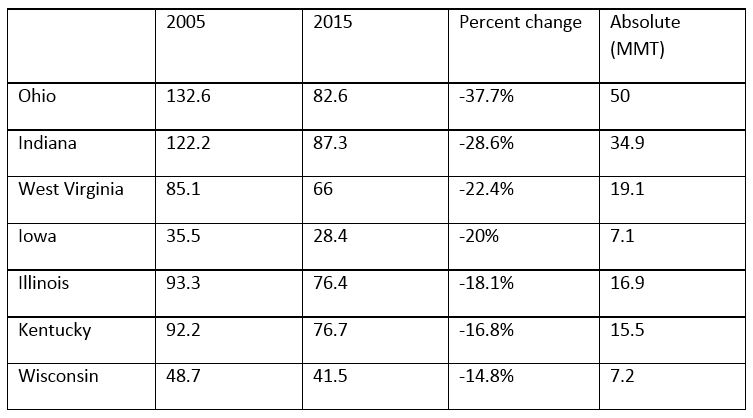After an exhausting job search, I’m happy to announce that I will be heading to the University of Cincinnati this fall, after accepting a job as Assistant Professor in the Operations, Business Analytics, and Information Systems (OBAIS) Department of the Lindner College of Business.
UC has a great department, with strong researchers and incredible people. I look forward to contributing my research in energy operations management and behavioral operations to their research portfolio, as well as teaching classes in simulation, sports analytics, service operations, and other topics in operations management and business analytics. A new building for the business school is under construction, set to open in Fall 2019.
It’s been a busy 4+ months. My main interview conference (INFORMS) was in October this year, pushing up the job search cycle a bit. I had flyouts in November, December, and January, and chose between offers over the last couple weeks.
Here is a summary of my job search process:
-I applied to 76 schools. In retrospect, I should have been a bit more selective, but applying is free and relatively quick.
-I received 28 first-round interview invitations, one of which I did not accept due to it being too late in the process. 18 of the interviews were in-person and held at INFORMS. The rest were either by phone or Skype.
-From those 27 accepted interviews, I was invited to 8 campus fly-outs. 1 occurred in November, 3 were in December, and 4 were scheduled for January. I had to cancel the last fly-out, due to receiving attractive offers and the visit occurring too late.
-From those 7 campus visits, I received 3 job offers.
-Today, I accepted UC’s offer.
It was great to meet so many members of my field during the search process. And thanks so much to my family, friends, and co-workers who helped guide and advise me during the process.




